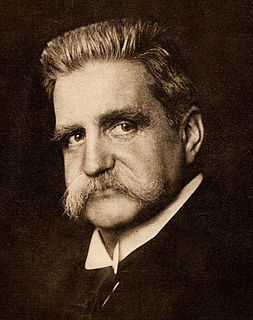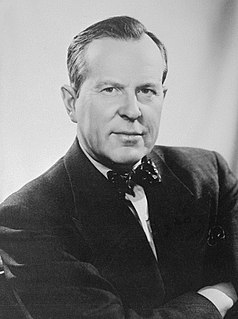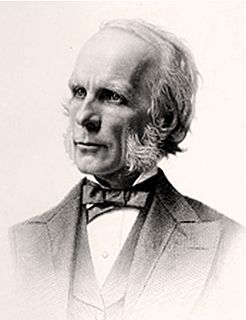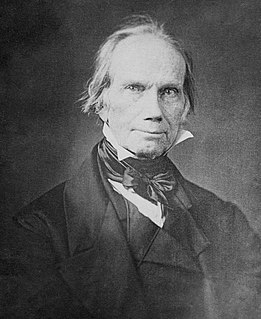A Quote by Fredrik Bajer
There is one criticism which cannot be leveled at interparliamentary conferences but which is applicable to a great extent to peace congresses: the meetings waste time.
Quote Topics
Related Quotes
The impulse to perfection cannot exist where the definition of perfection is the arbitrary decision of authority. That which is born in loneliness and from the heart cannot be defended against the judgment of a committee of sycophants. The volatile essences which make literature cannot survive the clichés of a long series of story conferences.
I would like to suggest to you that the extent to which government in America has departed from the original design of in habiting the destructive actions of man and invoking a common justice; the extent to which government has invaded the productive and creative areas; the extent to which the government in this country has assumed the responsibility for the security, welfare, and prosperity of our people is a measure of the extent to which socialism has developed here in this land of ours.
Waste cannot be accurately told, though we are sensible how destructive it is. Economy, on the one hand, by which a certain income is made to maintain a man genteelly; and waste, on the other, by which on the same income another man lives shabbily, cannot be defined. It is a very nice thing; as one man wears his coat out much sooner than another, we cannot tell how.
I find most meetings are a waste of time, because they are so ill-prepared and there's little opportunity for true synergy in producing better solutions than what anyone originally thought of. So I work hard to only attend those meetings that have strategic importance and miss all kinds of other seemingly urgent meetings.
Time, which measures everything in our idea, and is often deficient to our schemes, is to nature endless and as nothing; it cannot limit that by which alone it had existence; and as the natural course of time, which to us seems infinite, cannot be bounded by any operation that may have an end, the progress of things upon this globe, that is, the course of nature, cannot be limited by time, which must proceed in a continual succession.
The imposition of taxes has its limits. There is a maximum which cannot be transcended. Suppose the citizen to be taxed by the general government to the utmost extent of his ability, or a thing as much as it can possibly bear, and the state imposes a tax at the same time, which authority is to take it?



































